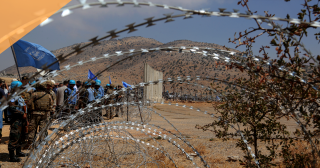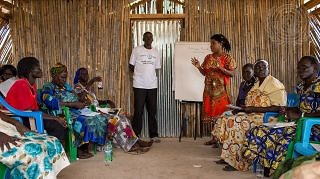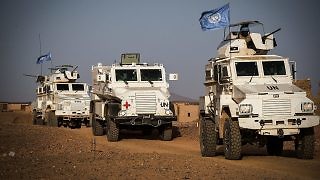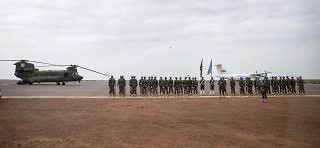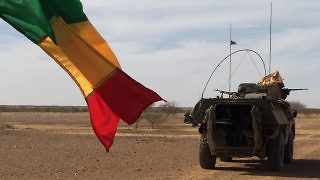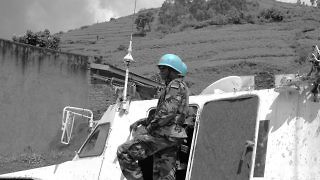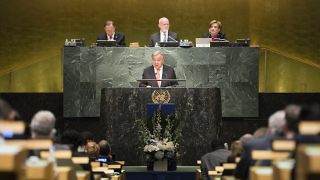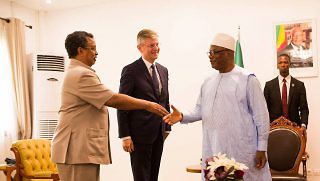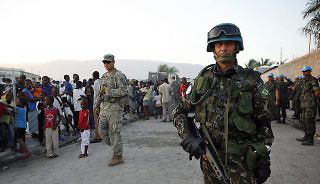There seems to be a disconnect between the overall diagnosis of the New Agenda for Peace and its prescriptions for peace operations.
Author: Arthur Boutellis
-
-
Ten years after MINUSMA was established, the mission’s future is more uncertain than ever.
-
Local mediation efforts can also help manage and resolve conflicts more durably and support the implementation of peace agreements.
-
Widening fault lines are threatening the traditional global consensus over peacekeeping.
-
In recent years, a new generation of “guns for hire” appears to be emerging, prompting questions for both African governments and the UN.
-
The joint force should not become yet another pretext for not carrying out the needed governance reforms.
-
Rarely do reports on United Nations peacekeeping generate as much press and interest as the one released this past month nicknamed the “Cruz report” after the Brazilian general who led the high-level review of peacekeeping fatalities and injuries due to violent acts. But its message may not be the right one and presents risks.
-
UN peace operations and their successful reform require support from a broad range of member states and continued engagement with the UN Secretariat on a range of issues. The UN Peacekeeping Ministerial in Vancouver will be a good opportunity to continue such engagement, primarily around peacekeeping capabilities and performance
-
The interim authorities will need to be made operational—with competent staff and adequate financial means—so that they can start providing services to northern populations ahead of the regional elections that are supposed to be held in October or November 2017.
-
The UN bureaucracy needs to anticipate coming cuts and put forward proposals for troop reductions, while at the same time suggesting ambitious political strategies that could better and more sustainably contribute to protecting civilians in the medium term.

